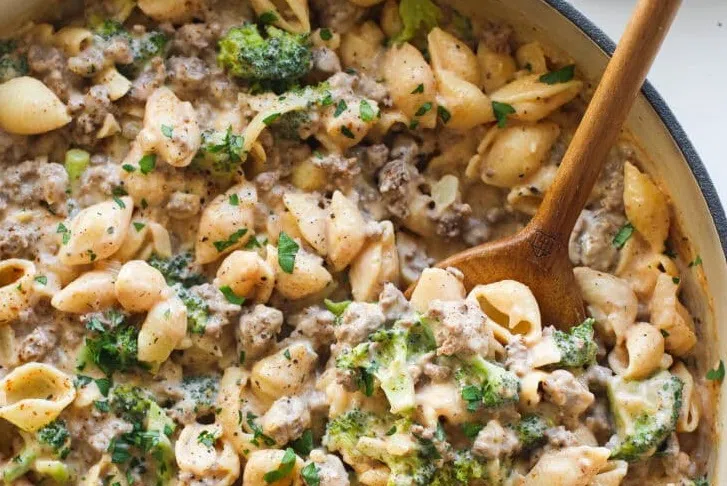With the Dietary Guidelines Advisory Committee’s recent recommendation to recognize pulses as a key plant-based protein source, the Northern Pulse Growers Association (NPGA) is encouraged by the potential for increased interest in pulses across American diets.
“It’s exciting to think about what this could mean for pulse growers in our region. There’s a sense that more Americans may start choosing pulses, and that could mean increased demand for what our farmers are already growing right here in the Northern Plains,” says Shannon Berndt, Executive Director of NPGA. “With growing global demand for protein, there’s room for all protein sources. We’re not asking people to choose one source over another; rather, as an agricultural association, we’re here to support a diversity of choices, showing how agriculture can provide a range of nutritious options.”
Growers across North Dakota and Montana are well-positioned to meet the rising demand for pulses. With pulse prices remaining strong, incentive to shift acreage is there, as pulses can be quickly integrated into existing crop rotations. Pulse growers are able to shift to quickly capitalize on increased demand if the change in guidelines occurs.
“We saw price highs last year which sparked an increase in pulse acres for this year,” says Berndt. “It is encouraging to see that farmers are willing to pivot acres to pulses and signals confidence in the long-term value of these crops.”
NPGA is encouraged by the USDA’s recognition of pulses as a valuable protein source; however, they are committed to ensuring that pulses continue to be recognized as a dual-purpose food that serves both vegetable and protein roles in dietary recommendations. This dual categorization is essential to fully capture the unique nutritional benefits pulses bring to balanced diets and consumer health.
“Pulses are a uniquely versatile crop, offering the benefits of both a vegetable and a protein thanks to their nutrient-rich profile,” says Berndt. “It’s important to us to keep promoting pulse consumption wherever possible to ensure people can fully benefit from their nutritional value.”
To make it easier for people to incorporate pulses into meals they already love, NPGA recently teamed up with The Real Food Dietitians to develop pulse-based recipes that balance nutrition and simplicity. Their latest recipe, a homemade “hamburger helper” made with chickpea pasta and ground beef, brings pulses into a family favorite in a simple, nutrient-dense way. The recipe can be found at therealfooddietitians.com/
“Adding in pulses like chickpeas and lentils into everyday dishes is a great way to increase nutrients,” says Berndt. “It’s been great to work with The Real Food Dietitians, whose recipes are easy, family-friendly, and make pulses accessible to more people.”
Source: NPGA





Comments